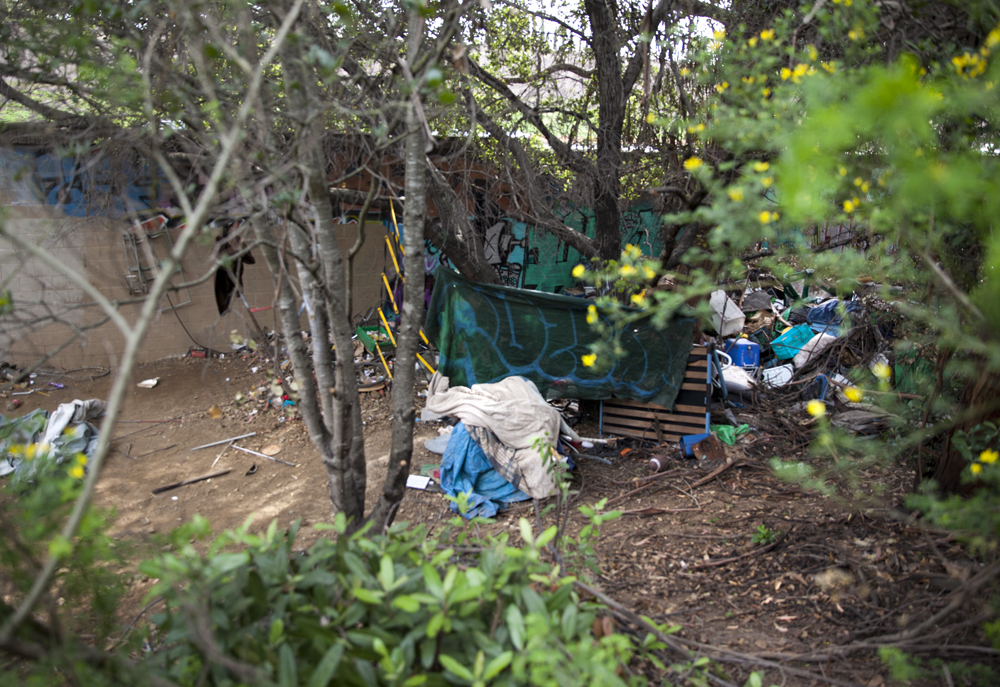The U.S. Supreme Court agreed Friday to hear an appeal in a case that challenges a ruling that enforcement of local laws against camping on public property violates the constitutional prohibition against cruel and unusual punishments.
The city of Grants Pass, Oregon asked the high court to take the case after the U.S. Court of Appeals for the 9th Circuit in San Francisco found that the Grants Pass prohibition of public camping against those with no other shelter options was unconstitutional.
The Grants Pass case has been closely watched locally for its potential impact on pending litigation against the city of San Francisco by the Coalition on Homelessness, a local advocacy group for unhoused people.
In December 2022, a federal judge enjoined San Francisco from clearing tent encampments without providing an offer of shelter to the displaced residents. The Grants Pass decision was one of the cases that the court relied on as support for the injunction.
The injunction against San Francisco remains in effect despite multiple attempts by the city and its lawyers to overturn it or narrow its scope. As recently as Thursday, the 9th Circuit decided to leave the injunction in place while the lower court considers additional challenges by the city.
San Francisco filed a "friend of the court" brief in the Supreme Court urging the court to review the Grants Pass case.
City Attorney David Chiu said Friday that San Francisco "has struggled with the significant, unresolved legal questions" left by the Grants Pass and earlier decisions. "Given the impossible situation our city finds itself in, it is appropriate for the Supreme Court to step in and resolve these questions."
The Grants Pass case was hotly debated in the 9th Circuit. After a divided panel of three judges affirmed the prohibition of enforcement against public camping, Grants Pass requested a rehearing by the full court.
The court then denied rehearing, but only by the slimmest of margins -- the vote was 14 to 13 among the court's active judges -- and over the objections of 17 active and senior judges who argued that the panel decision was incorrect and should have been overturned.
The Coalition on Homelessness issued a statement Friday that said the "Grants Pass case questions whether governments can jail people simply for the crime of being too poor to afford housing.'"
The Coalition went on to say the "decision could upend decades of established Supreme Court precedent, and reopen a definition of cruel and unusual punishment that protects Americans, housed and unhoused, from unconstitutional treatment in the criminal legal system."
Gov. Gavin Newsom issued his own statement saying, "California has invested billions to address homelessness, but rulings from the bench have tied the hands of state and local governments to address this issue.
"The Supreme Court can now correct course and end the costly delays from lawsuits that have plagued our efforts to clear encampments and deliver services to those in need," Newsom said.
The Supreme Court's review of the case is discretionary and required at least four votes among the nine Justices to accept the request to consider the matter.
Briefing and argument in the case are expected to take months.


Comments